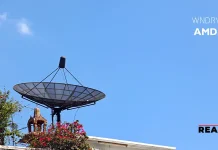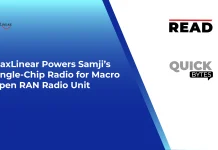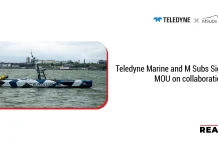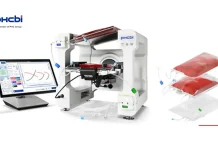Navigator CO2 Ventures LLC (“Navigator”) announced a long-term agreement with Big River Resources, LLC and Big River United Energy, LLC (“Big River”) to provide turnkey carbon capture, utilization, and storage (CCUS) services on Navigator’s Heartland Greenway system, to capture, transport and utilize or permanently store CO2 from three Big River ethanol biorefineries located in West Burlington, IA; Dyersville, IA; and Galva, IL.
The letter of intent signed by both companies outlines the key terms for Navigator to provide capture-to-end use CCUS services, including realization of environmental attributes related to permanent removal of CO2 from the atmosphere and finding key value optimization opportunities for captured CO2, for an initial term of twenty (20) years and an annual volume of 1,000,000 metric tons of CO2, which is equivalent to offsetting the carbon emissions of 215,469 vehicles driven annually. Start of operations is expected at the beginning of 2025.
“We are eager to start working with Big River – one of the largest private biorefining platforms – to provide them with full-service carbon capture, storage, and value optimization to maximize the participation in a decarbonizing marketplace. The Heartland Greenway will provide Big River with a means to remove their carbon dioxide emissions while concurrently increasing the profitability of their product,” said Matt Vining, Navigator’s Chief Executive Officer. “The Big River platform and its members are making the pragmatic decision to reduce the carbon intensity of its products while increasing economic flexibility for a dynamic marketplace, and we are excited to partner with them to accomplish these objectives.”
Navigator continues to add a diverse group of industrial emission sources in the agriculture and food production value chain who are evolving their businesses to produce sustainability focused end-products for their customers. Navigator’s growing carbon handling ecosystem provides customers with the necessary tools to maintain market flexibility while maximizing value for all stakeholders.
Once fully expanded, the Heartland Greenway will be able to capture and sequester 15 million metric tons of CO2 annually, which, according to EPA estimates, is equivalent to eliminating the annual carbon footprint of the Des Moines metro area three times over.






